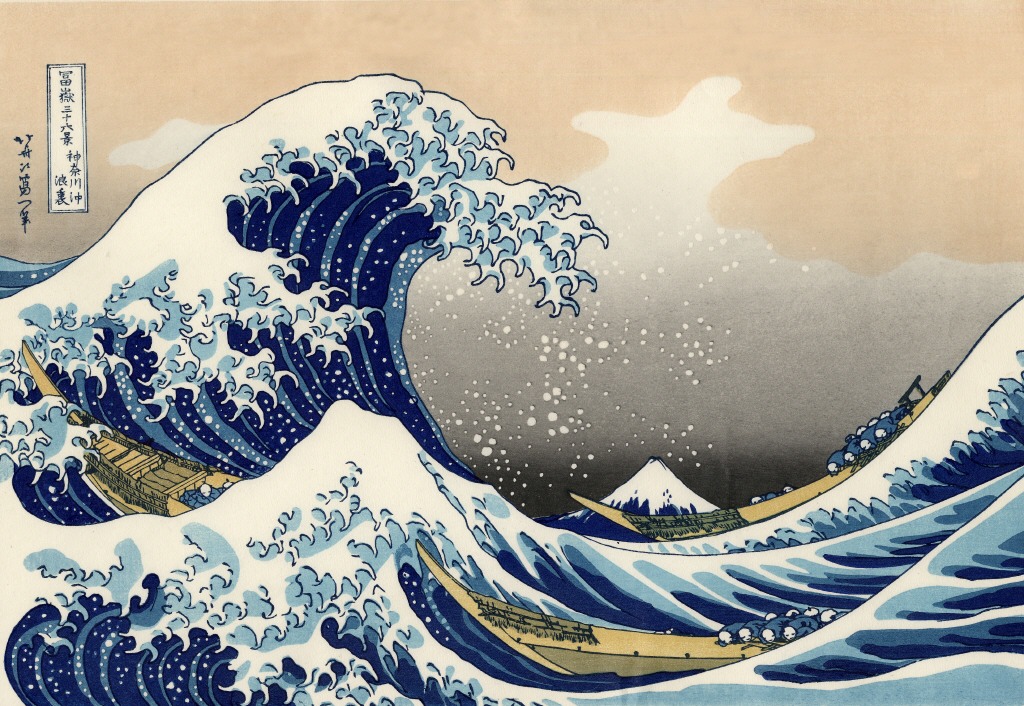Davide Ambrosi homepage
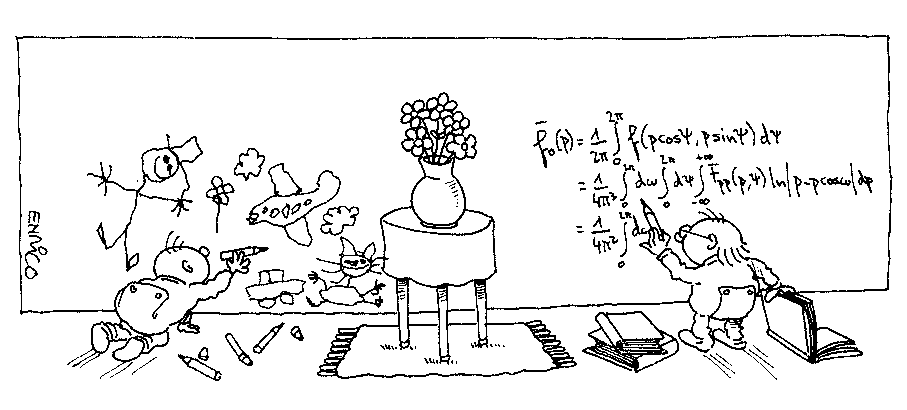
Menu:
Fields of interest
The dynamics of cell migration: cell move on flat substrates and in 3D. How do they create the that traction force they exert on the surroundings? How can we measure its pattern? Software for data inversion in force traction microscopy can be freely downloaded here
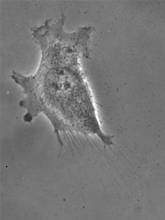
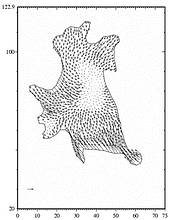
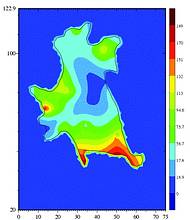
The cardiac electromechanical coupling: the electrical signal travels across the cardiac muscle dictating the contraction and, in turn, the mechanical strain affects the action potential. What are the equations able to predict this complex coupled problem?
Morphogenesis of vascular networks: several lines of cells are able to self-organize into networks, giving rise to complex patterns with specific geometrical properties that are statistically invariant. Mathematical modelling and numerical simulations are able to provide a physical insight on the basic mechanisms that drive the biological system.
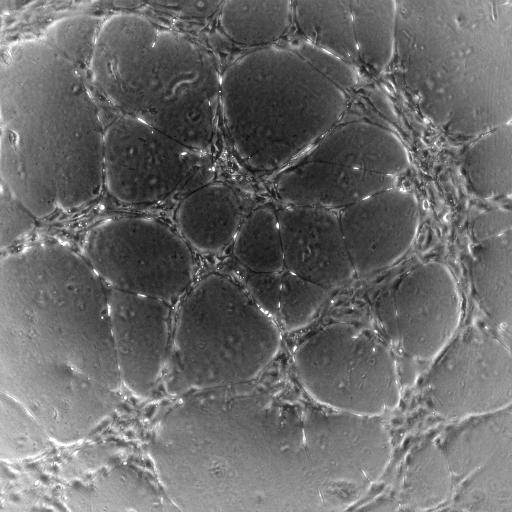
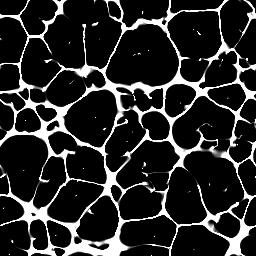
Stress-modulated growth of soft tissues: loaded biological tissues (muscles, arteries, ligaments, tendons) grow volumetrically and remodel according to bio-mathematical laws that are still largely not understood. This topic is of increasingly interest because involves fundamental non-standard questions of continuum mechanics with relevant applicability in biology and medicine.
Nonlinear dispersive water waves. Do you know why water waves are such a fascinating subject? Because gods live in it. Hokusai knew...
